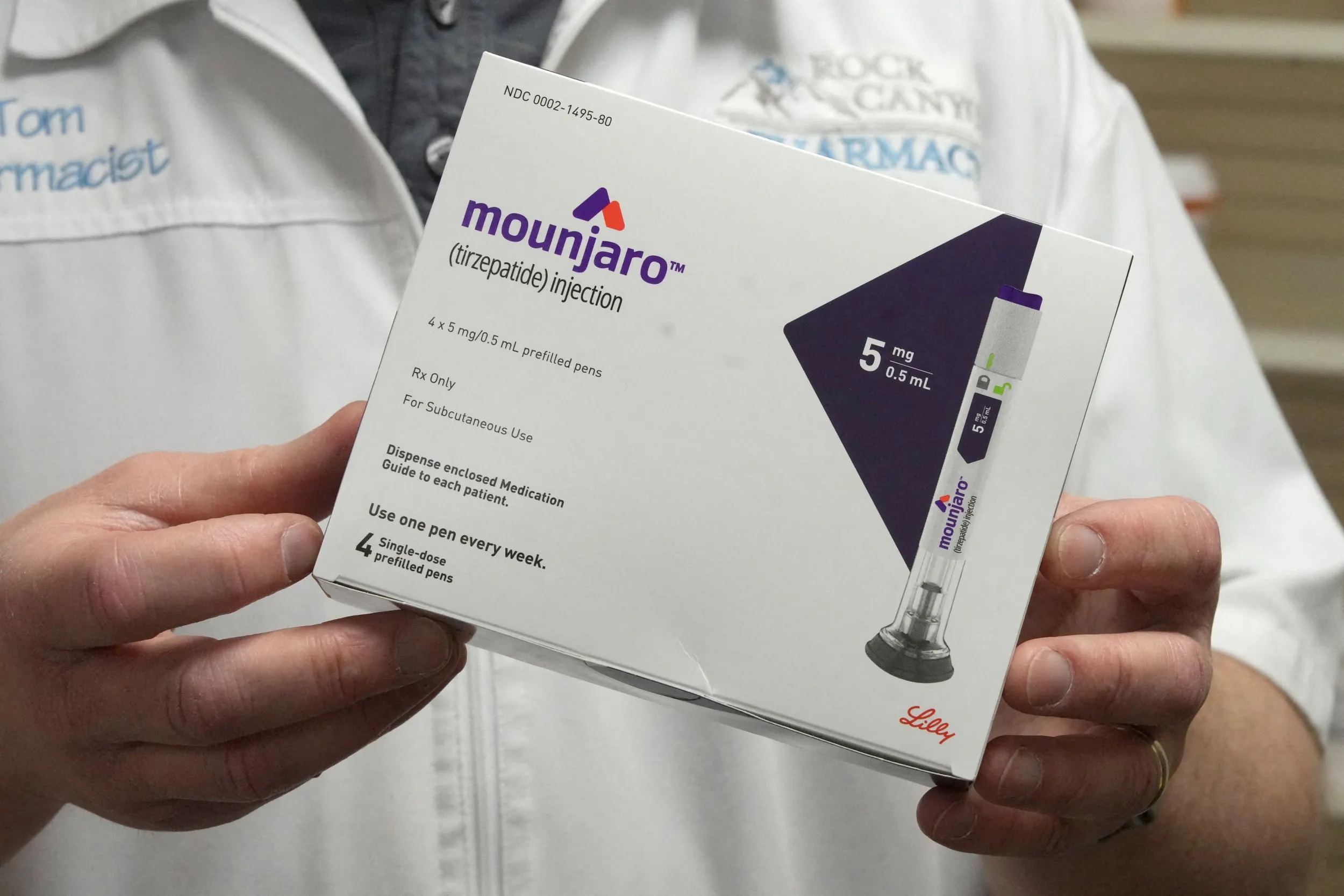Medicine, a cornerstone of human well-being, has witnessed remarkable transformations over the years, propelling us towards a future where healthcare is increasingly personalized, precise, and accessible. From ancient herbal remedies to cutting-edge gene therapies, the journey of How to buy Mounjaro online has been a testament to human ingenuity and determination.
In recent times, the field of medicine has been revolutionized by technological advancements that have opened doors to novel diagnostic tools and treatments. The rise of telemedicine, for instance, has transcended geographical barriers, connecting patients and healthcare professionals in real-time for consultations and follow-ups. Artificial intelligence and machine learning have also found their place in medicine, enhancing medical imaging analysis, drug discovery, and predictive analytics.
Precision medicine, tailored to an individual’s genetic makeup, is gaining momentum as our understanding of genomics deepens. The ability to identify genetic markers and susceptibilities empowers healthcare providers to offer treatments that are not only effective but also minimize potential side effects. Additionally, regenerative medicine and stem cell therapies hold promise for repairing damaged tissues and organs, ushering in a new era of healing.
However, amidst these exciting developments, challenges persist. Access to quality healthcare remains unequal globally, with many still lacking essential medical services. Ethical concerns arise with the use of advanced technologies like CRISPR-Cas9 for gene editing, prompting discussions about the boundaries of human intervention. Furthermore, the rapid pace of medical innovation necessitates continuous education and training for healthcare professionals to stay updated.
